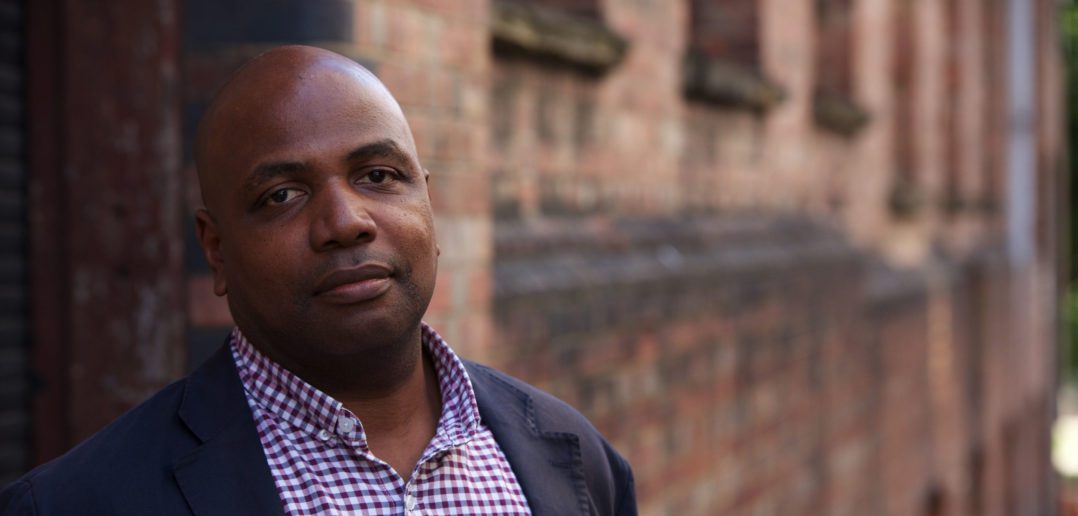Founder of Scorpion TV, David Cornwall is one of the industry’s most prominent diversity-focused distributors. Today, ahead of MIPCOM 2018’s renewed focus on diversity, he shares his views on the subject with MIPBlog.
MIPBlog: This will be the third consecutive year since 2016 that MIPCOM focuses on diversity in entertainment. What progress do you feel has been made since then? What progress remains to be made?
David Cornwall: The issue of the lack of diversity in our industry has definitely received a higher profile over the past few years and is now recognised, superficially at least, as critical to our sustainability and our fundamental relevance in a way that I wasn’t sure it ever would be. I feel that broadcasters are taking the issue more seriously and are realising both the commercial and moral importance. We’ve worked hard to create and maintain improved networking opportunities over the years and I feel this will lead to increased visibility of diverse content in future. The Diversify TV Excellence Awards have been a fantastic platform and have really elevated LGBT and disability content in particular for the first time at MIPCOM. I would say though that more concrete steps need to be taken to improve diverse attendance at MIP, encouraging new voices to attend. New productions need to be supported and invested in, producers and broadcasters also need to know what steps they can take to improve diversity in their home territories, work places, on and off screen.
> #metoo has been the biggest movement in terms of diversity this past year. How has it impacted the TV industry in particular?
I think #metoo has encouraged people to think more carefully about how their actions might impact others – deepened empathy you might say. It seems to also have made people think more carefully about the gender pay gap which is a stark reality for all to see.
> At MIPCOM 2017, Sir Lenny Henry suggested tax breaks for diverse programming were a good way forward. Do you agree?
I think something needs to be done to kick start production outside of the usual circles and bubbles. Tax Breaks and other incentives are available for other forms of content so why not for diverse content?
> Are all sectors of diversity progressing at a similar rate, or are some doing less well?
I think more needs to be done with content that is inclusive of disabilities. It’s still very rare to see disabled presenters or stories on TV that feature people with disabilities.
> How diverse do you hope TV will be by 2020? What would it take to get there?
By 2020 I hope it to be indisputable that diverse content has a compelling commercial argument if the moral one has failed to affect real change. In the same way that Black Panther was a « game changer » for minority ethnic content and theatrical distribution I expect there to be similar game changers for LGBT and disabled content for the small screen too.




